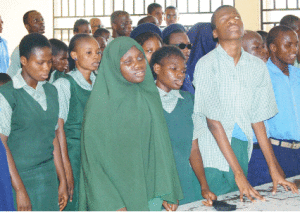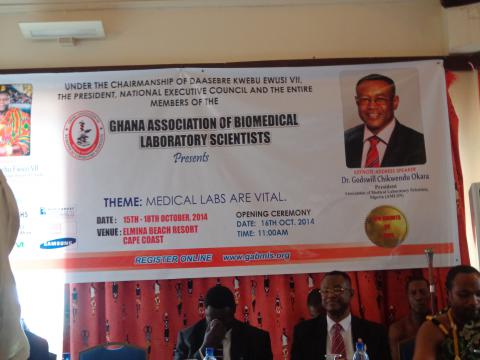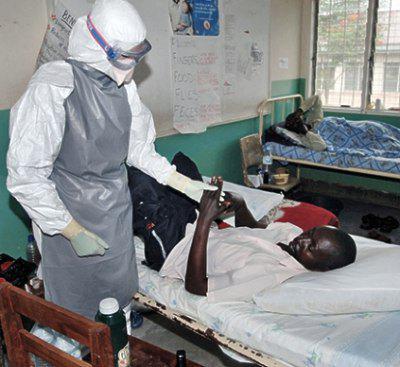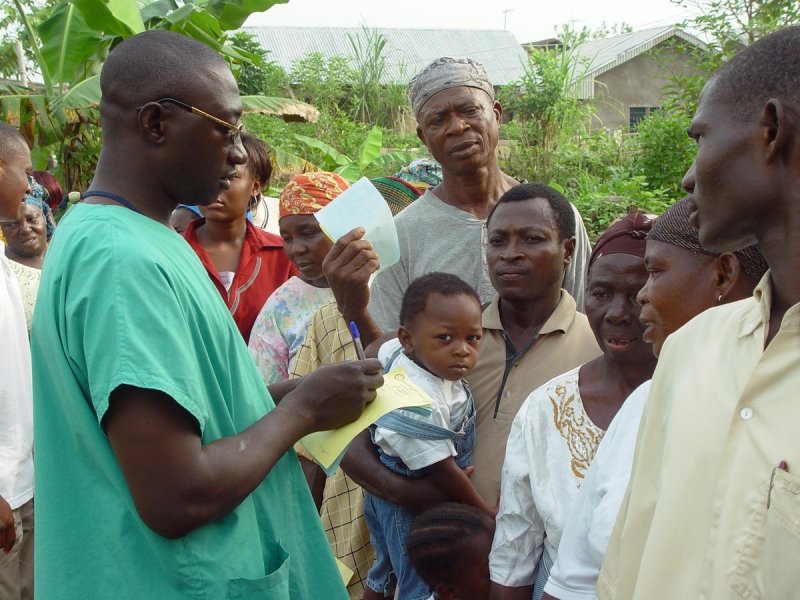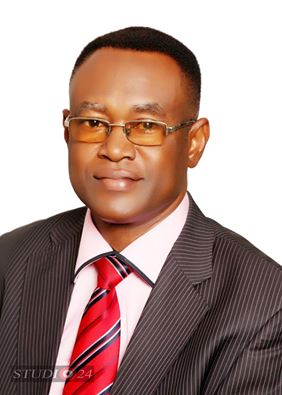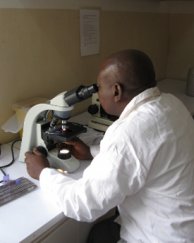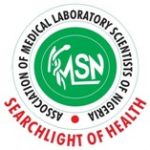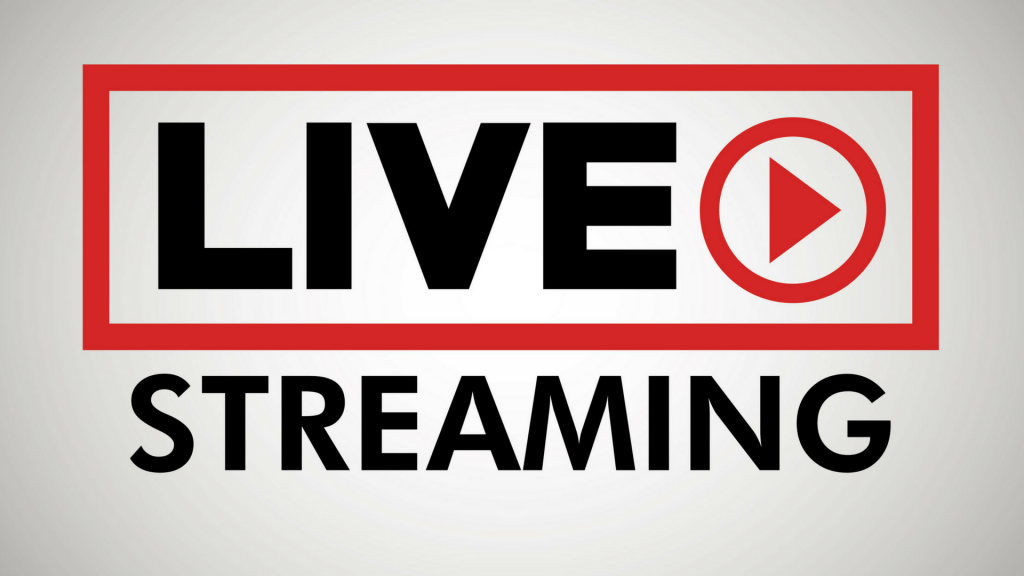At the International AIDS Conference last month, Clinical Care Options (CCO) provided free online continuing education and scientific analysis for delegates and journalists. CCO is part of the movement to provide health professionals with updates in a medium that allows the user unprecedented control of educational content. Provided that the user has a computer and Internet connection, they can choose when and where to receive information. They can start and stop according to other demands and, in many instances, can return to review the material as often as they’d like.
The advantages eLearning for today’s busy health professionals in developing countries is foremost in the minds of many of us at K4Health and our partners in Nigeria.
As the eLearning courses that David reported on in February near completion, so too is the revision of the Continuing Professional Development (CPD) Policy for Medical Laboratory Scientists (MLS). USAID/Nigeria, the Medical Laboratory Science Council of Nigeria (MLSCN), the Association of Medical Laboratory Scientists of Nigeria (AMLSN), and K4Health collaborated to design a policy that incorporates eLearning into the menu of options for CDP credits alongside traditional CPD activities. Soon, eLearning options will be available for all MLS in Nigeria seeking annual licensure renewal. MLS can now combine attendance at face-to-face events, completion of advanced training, authoring of publications, and participation in journal clubs/discussion groups with online education. The four courses that AMLSN authored with technical assistance from K4Health – Good Medical Laboratory Practices, Update on HIV Diagnosis, Update on Malaria Diagnosis, and Update on TB Diagnosis – are the first Nigeria-specific eLearning courses of this kind. However, they are not the only eLearning courses for which credit is available. Courses created or approved by the Centers for Disease Control and Prevention (CDC), International Federation of Biomedical Laboratory Science (IFBLS), Johns Hopkins Center for Clinical Global Health Education (CCGHE) and USAID’s Global Health eLearning Center are also approved options for credit according to the new Policy. The Policy introduction includes an acknowledgement that a variety of activities is important:
A CPD program is one of the key strategies for continuous quality improvement of clinical and public health laboratory services as well as an essential component in Laboratory Quality Management Systems (LQMS). Having access to a variety of accredited CPD activities can significantly improve the ability of Medical Laboratory Scientists to deliver accurate and reliable laboratory test results and curb malpractice and laboratory misdiagnoses.
For more on the significance of the use of CPD credits for licensure renewal in Nigeria, see this April 2012 news article.
The future of eLearning as part of a larger educational policy for MLS and other cadres of medical professionals in Nigeria and beyond is very bright. Stay tuned to www.k4health.org for the release of the courses during the month of September.
Culled from: K4Health

